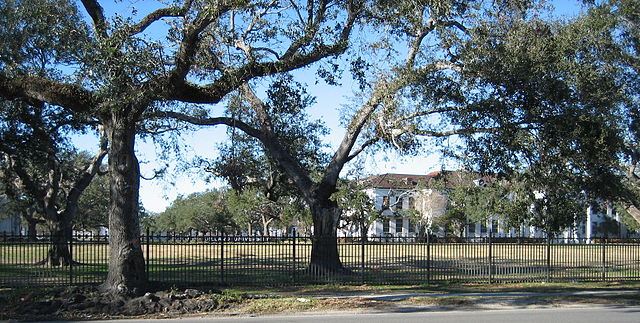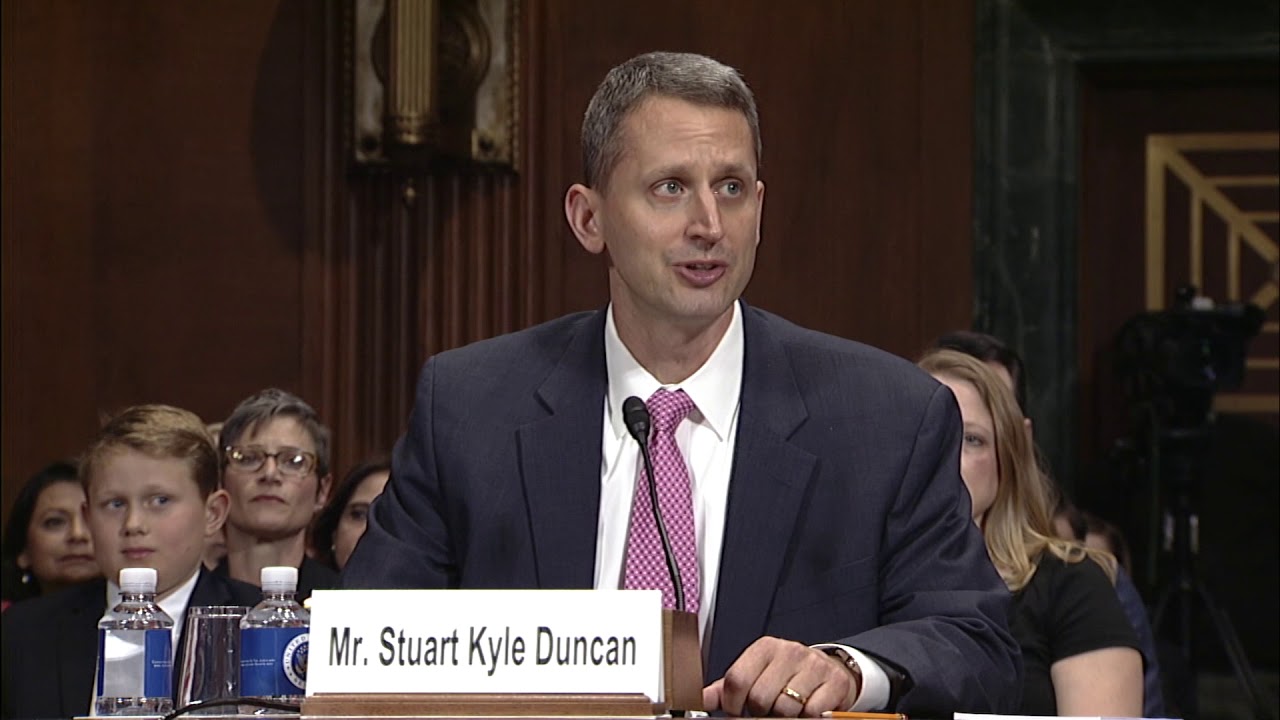Abortion rights, women of color, and LGBTQIA+ people are under attack. Pledge to join us in fighting for gender justice.
An LGBTQ Teacher Posted About His Engagement on Facebook. Days Later, He Was Fired.

The Supreme Court is a terrifying place to be right now. We’re seeing arguments that challenge affirmative action, threaten the rights of immigrants, claim that businesses can refuse services to LGBTQ folks, and more.
Simply put: our fundamental rights are at risk.
While these actions have been taking up much of the national attention—and rightly so—there is also a pernicious trend bubbling up through the federal courts that has gotten less attention:
Religious employers trying to get away with discrimination against LGBTQ and other employees.
For nearly fifteen years, Lonnie Billard worked as an English, Drama, and substitute teacher at Charlotte Catholic High School. Despite his exceptional teaching record, Mr. Billard was fired in 2014. Why? He posted on Facebook that he planned to marry his longtime partner Rich, after same-sex marriage was finally legalized in North Carolina.
Under Title VII of the Civil Rights Act and Bostock v. Clayton County, this should be an open-and-shut case of sex discrimination. The school admitted that if Mr. Billard was a woman, an identical Facebook post would not have caused Mr. Billard to be fired. In other words: But for Mr. Billard’s sex, he would not have been terminated. And yet, in an attempt to avoid being held responsible for their discrimination, Charlotte Catholic High School is asking the Fourth Circuit to create a sweeping exception to civil rights law for religious employers.
Under a limited exception in Title VII, religious employers can discriminate based on religion in some circumstances, like giving preference in hiring to job applicants who share their faith. But in this case, Mr. Billard’s school is asking the court to distort that limited exception and allow religious employers to discriminate against employees based on race, sex, national origin, and other protected characteristics as defined by our federal civil rights laws.
A district court already heard and dismissed the school’s arguments, finding that the school violated Title VII when it fired Mr. Billard because of his sex, and that the limited exception in Title VII does not apply here. If the Fourth Circuit were to reverse the District Court’s decision and rule in favor of the school, more than a million employees at religious employers would be at risk of losing civil rights protections at work.
This case should be clear cut, but with the continuing trend of courts letting more religious employers deny workers their civil rights, we have reason to be concerned. That’s why on November 30, 2022, the National Women’s Law Center (NWLC), along with our pro-bono partners at Debevoise & Plimpton LLP and forty-seven organizations committed to gender justice, filed an amicus brief in support of Mr. Billard and other workers whose rights are at risk.
Together, we are rising up to make it abundantly clear that employers cannot deny LGBTQ workers’ legal protections. Our civil rights shouldn’t be up for debate, no matter who we love.





